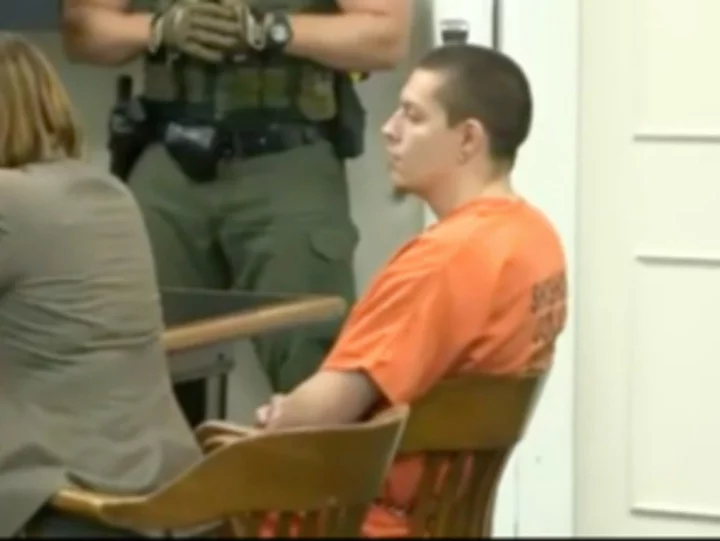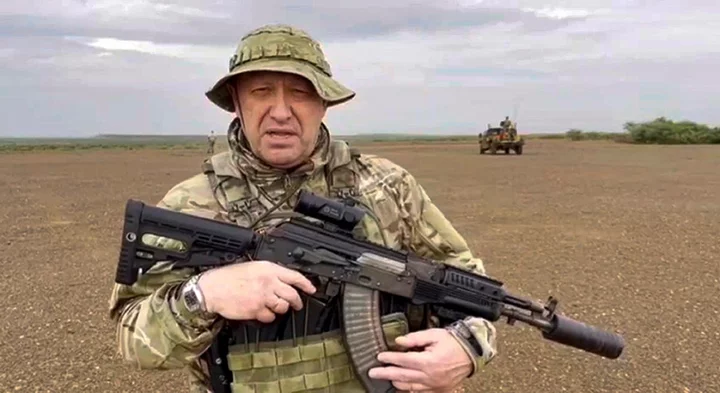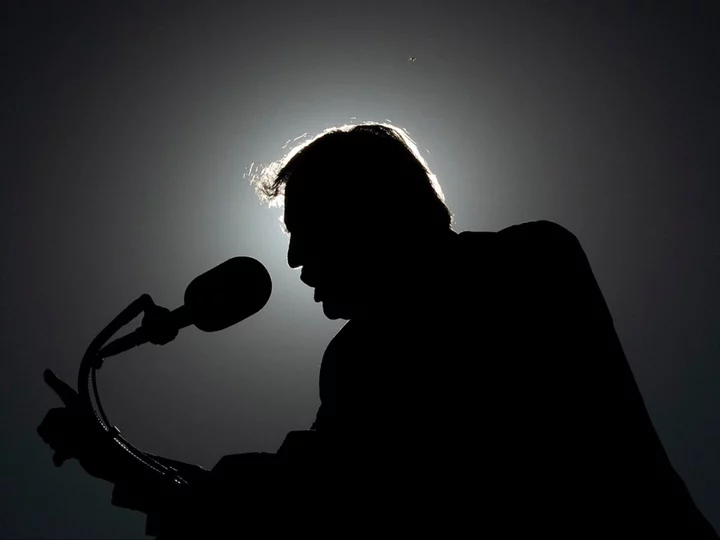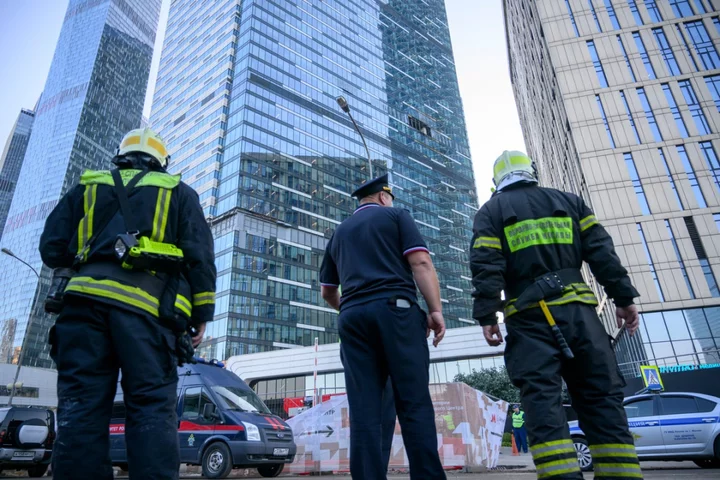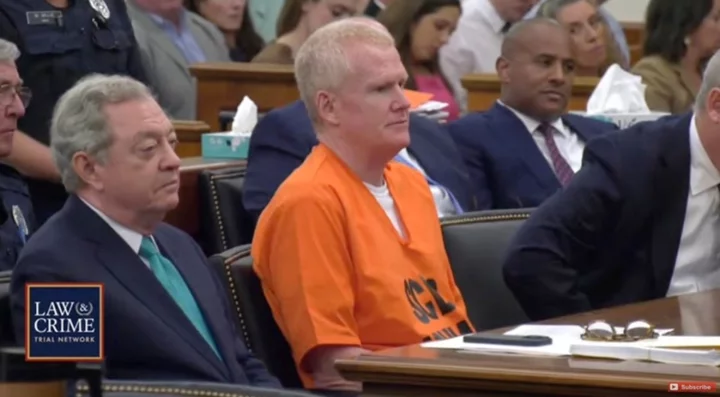Germany notified Monday the European Union's executive branch of temporary border controls at its frontiers with Poland, the Czech Republic and Switzerland, going a step beyond a move last month to strengthen checks on its eastern border. The notification would enable Germany to carry out the same systematic checks at the border that it has conducted on its frontier with Austria since 2015. The government has responded over the past week to intense pressure to address the arrival of large numbers of migrants following a pair of state elections that brought poor results for the governing parties and gains for the far-right Alternative for Germany. It has announced draft legislation to ease deportations of unsuccessful asylum-seekers as Chancellor OIaf Scholz met Friday with the opposition leader and two leading state governors for what he called a “friendly and constructive exchange” on migration issues. Interior Minister Nancy Faeser last month ordered border checks on Germany’s eastern frontiers with Poland and the Czech Republic strengthened, but the conservative opposition urged her to formally notify border checks — a move she has now taken. Faeser said in a statement that “the smugglers' business is becoming ever more brutal and unscrupulous,” pointing to a crash on a Bavarian highway Friday in which seven people were killed after a van overloaded with migrants overturned when the driver and suspected smuggler accelerated to avoid a police check. “It is now necessary to take all possible measures to stop this cruel business in people's lives,” she said. “At the time, we need an effective limitation of irregular migration to relieve our municipalities.” She said that police “can now flexibly use the whole package of stationary and mobile border policing measures, according to the current situation.” Shelters for migrants and refugees across Germany have been filling up in recent months as significant numbers of asylum-seekers add to more than 1 million Ukrainians who have arrived since the start of the war in their homeland. ___ Follow AP’s coverage of global migration at https://apnews.com/hub/migration Read More A top EU official convenes a summit to deal with a fallout in Europe from the Israel-Hamas war Used clothing from the West is a big seller in East Africa. Uganda's leader wants a ban Sunak meets King of Jordan as Gaza offensive looms
Germany notified Monday the European Union's executive branch of temporary border controls at its frontiers with Poland, the Czech Republic and Switzerland, going a step beyond a move last month to strengthen checks on its eastern border.
The notification would enable Germany to carry out the same systematic checks at the border that it has conducted on its frontier with Austria since 2015.
The government has responded over the past week to intense pressure to address the arrival of large numbers of migrants following a pair of state elections that brought poor results for the governing parties and gains for the far-right Alternative for Germany.
It has announced draft legislation to ease deportations of unsuccessful asylum-seekers as Chancellor OIaf Scholz met Friday with the opposition leader and two leading state governors for what he called a “friendly and constructive exchange” on migration issues.
Interior Minister Nancy Faeser last month ordered border checks on Germany’s eastern frontiers with Poland and the Czech Republic strengthened, but the conservative opposition urged her to formally notify border checks — a move she has now taken.
Faeser said in a statement that “the smugglers' business is becoming ever more brutal and unscrupulous,” pointing to a crash on a Bavarian highway Friday in which seven people were killed after a van overloaded with migrants overturned when the driver and suspected smuggler accelerated to avoid a police check.
“It is now necessary to take all possible measures to stop this cruel business in people's lives,” she said. “At the time, we need an effective limitation of irregular migration to relieve our municipalities.”
She said that police “can now flexibly use the whole package of stationary and mobile border policing measures, according to the current situation.”
Shelters for migrants and refugees across Germany have been filling up in recent months as significant numbers of asylum-seekers add to more than 1 million Ukrainians who have arrived since the start of the war in their homeland.
___
Follow AP’s coverage of global migration at https://apnews.com/hub/migration
Read More
A top EU official convenes a summit to deal with a fallout in Europe from the Israel-Hamas war
Used clothing from the West is a big seller in East Africa. Uganda's leader wants a ban
Sunak meets King of Jordan as Gaza offensive looms


